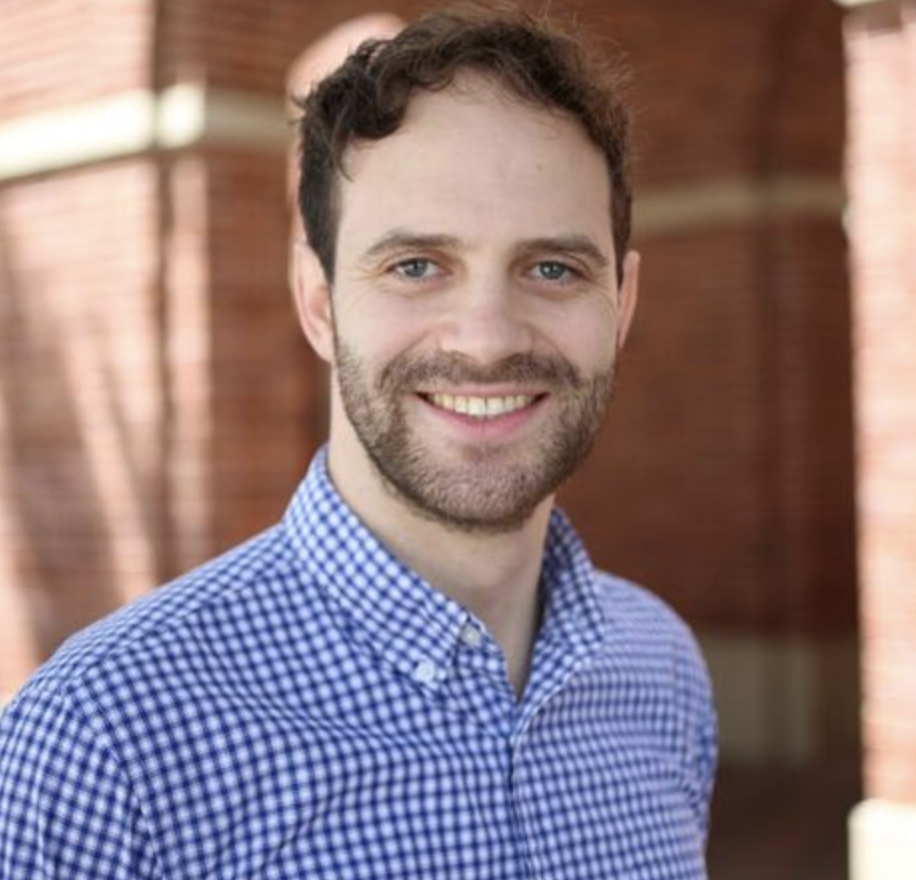
Dr. David Newman received his PhD. in social psychology at USC and is currently a Postdoctoral Scholar at the Department of Psychiatry and Behavioral Sciences at UCSF, where he is also a member of Dr. Wendy Berry Mendes’ Emotion, Health, and Psychophysiology Lab. He is a social and personality psychologist with research interests in the changing states of well-being and how they are associated with momentary and daily experiences, utilizing daily diary and Ecological Momentary Assessment methods.
We spoke with him about his work in this exclusive Q & A.
What sparked your interest in studying social and personality psychology?
When I was an undergraduate student, I took several psychology courses that sparked my interest in social psychology. I was fascinated by some of the classic social psychology experiments and topics, such as cognitive dissonance, conformity, bystander effects, and misattribution of arousal. In my final year in college, I took a seminar on well-being and was delighted to realize that well-being could be measured and studied by psychologists. One of the most interesting and surprising things I learned was that people are quite inaccurate at predicting their future states of happiness. This made me curious about understanding the types of situations that could influence people’s well-being, so I gained as much research experience as I could. During my time as an M.A. student in psychology, I worked closely with two personality psychologists and gained an appreciation for the study of individual differences in well-being and the methods they frequently use. In particular, I ran numerous daily diary studies and examined how daily states of well-being varied not only across days but also across individuals. I continued to use these methods during my Ph.D. in social psychology and continued to be interested in social and personality perspectives and theories relevant to well-being.
Can you tell us a bit about your recent study “Asymmetrical Effects of Sleep and Emotions in Daily Life”, and what you hope the public can take away from these findings?
In this paper, my colleagues and I examined how emotions and daily experiences influence sleep and subsequently how sleep can influence emotions and experiences on the following day. As part of a larger study called SAGE (The Stress, Aging, and Emotions Study) led by Dr. Elissa Epel, a sample of 181 mothers completed morning and evening questionnaires for one week at three different time points separated by nine months. They answered questions about their sleep quality, their emotional experiences upon wakening and before going to bed, and their most positive and most stressful experience of the day. They were also able to provide objective indicators of how long they slept through the use of actigraphy watches. One of the key findings was that longer sleep duration and better sleep quality (relative to a person’s typical night of sleep) predicted greater positive emotions and lower negative emotions in the morning. Interestingly, longer and better sleep made the most stressful event of the day seem less stressful than it otherwise would have been if the participants had not slept as well. Sleep did not make the most positive event of the day seem any better or worse though. Conversely, the most stressful event of the day and negative emotions in the evening predicted worse sleep quality that night, but positive events during the day and positive emotions at night did not influence sleep quality. In general, these findings point to some interesting asymmetrical relationships such that sleep might be more closely connected to negative emotions and experiences during the day than positive ones.
What have been your most interesting findings in the study of well-being?
My research emphasizes the importance of measuring well-being in daily life through the use of daily diary and experience sampling methods. The results from these studies often point to interesting insights about the nature of well-being that we would not have known otherwise through the use of other methods. Sometimes the results even challenge or question some of the conclusions drawn from prior research. For example, much of the experimental research on nostalgia has shown that deliberate reflections of one’s most nostalgic experience can lead to increased levels of meaning in life, self-esteem, optimism, and positive affect, which has led researchers to conclude that nostalgia is a mixed, albeit predominantly positive emotion. In several daily diary and experience sampling studies that I conducted, I showed that daily states of nostalgia were negatively related to well-being and predicted lower well-being on the following day, which suggests that deliberate, experimentally induced nostalgia can have a positive influence on well-being, whereas the spontaneous experience of nostalgia is usually associated with impaired well-being. In a similar manner, research on searching for meaning in life has typically measured the construct with cross-sectional methods and has shown that people who tend to search for meaning in their lives are unhappy individuals (a negative between-person relationship). In contrast, through the use of daily diary methods, I showed that daily states of searching for meaning in life are positively related to well-being (a positive within-person relationship). The simultaneous emergence of both findings provides a richer theoretical understanding of the construct and shows that the relationship between searching for meaning and well-being depends on the level of analysis.
What topics are you interested in exploring in the future in your research?
In the future, I hope to continue to study well-being in daily life through the use of daily diary and experience sampling methods. At UCSF, I am learning about sleep and biological responses to stress, and I hope to integrate physiological indicators with self-report measures of well-being in future studies. The methods I am interested in have important implications for health psychology. I also hope to explore various topics I have examined in the past in greater detail. For instance, why do conservatives report greater well-being than liberals? How do certain religious and spiritual experiences improve or hinder well-being? Why do certain nostalgic feelings influence well-being more strongly than others? Which strategies of finding meaning and purpose in life prove to be most effective?
For more, visit Dr. Newman’s UCSF Profile here.



